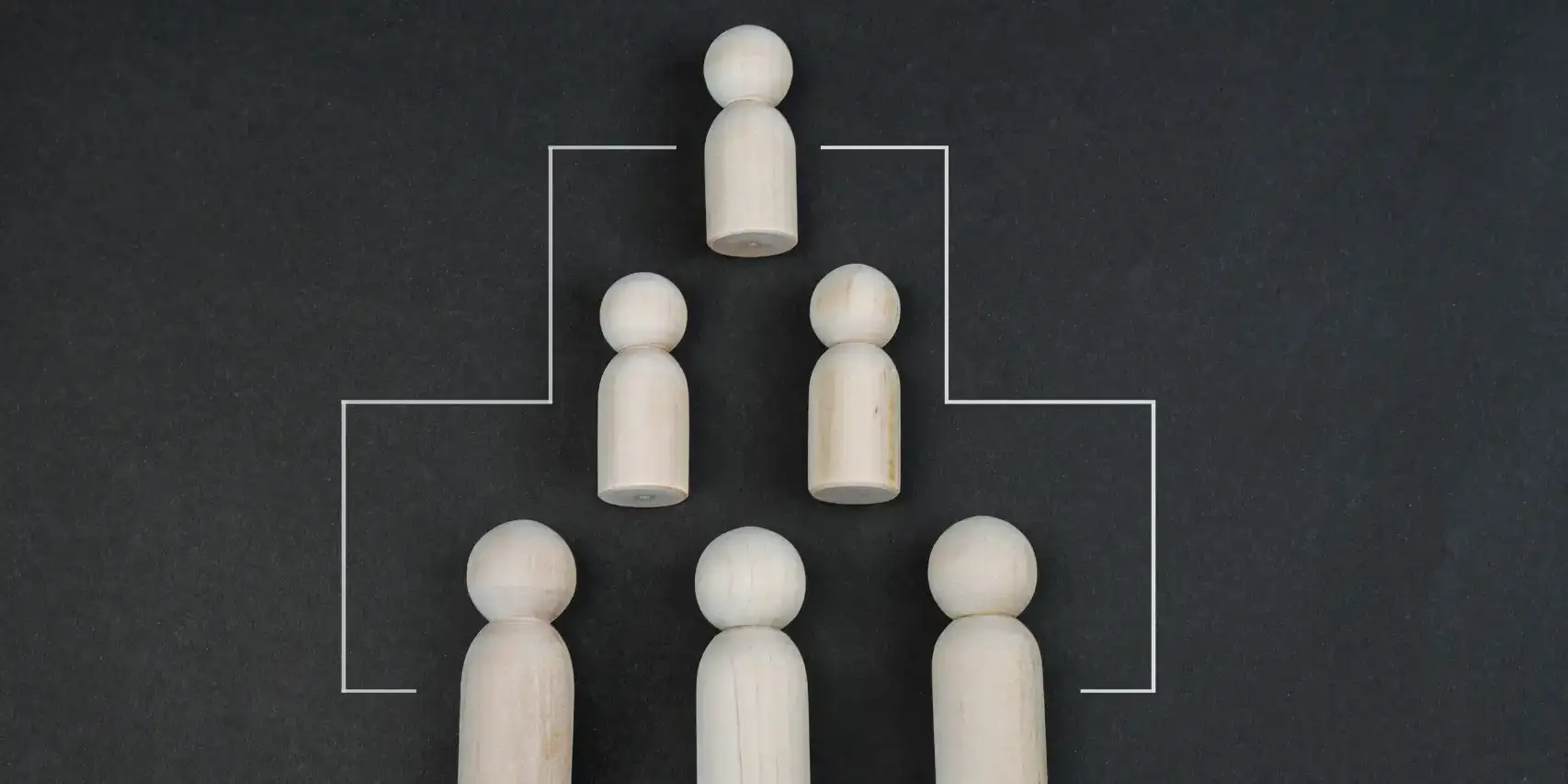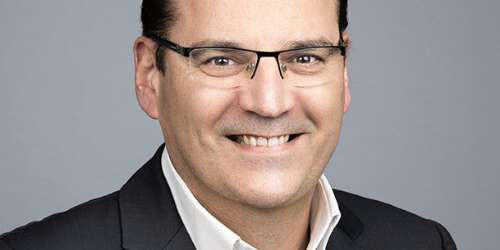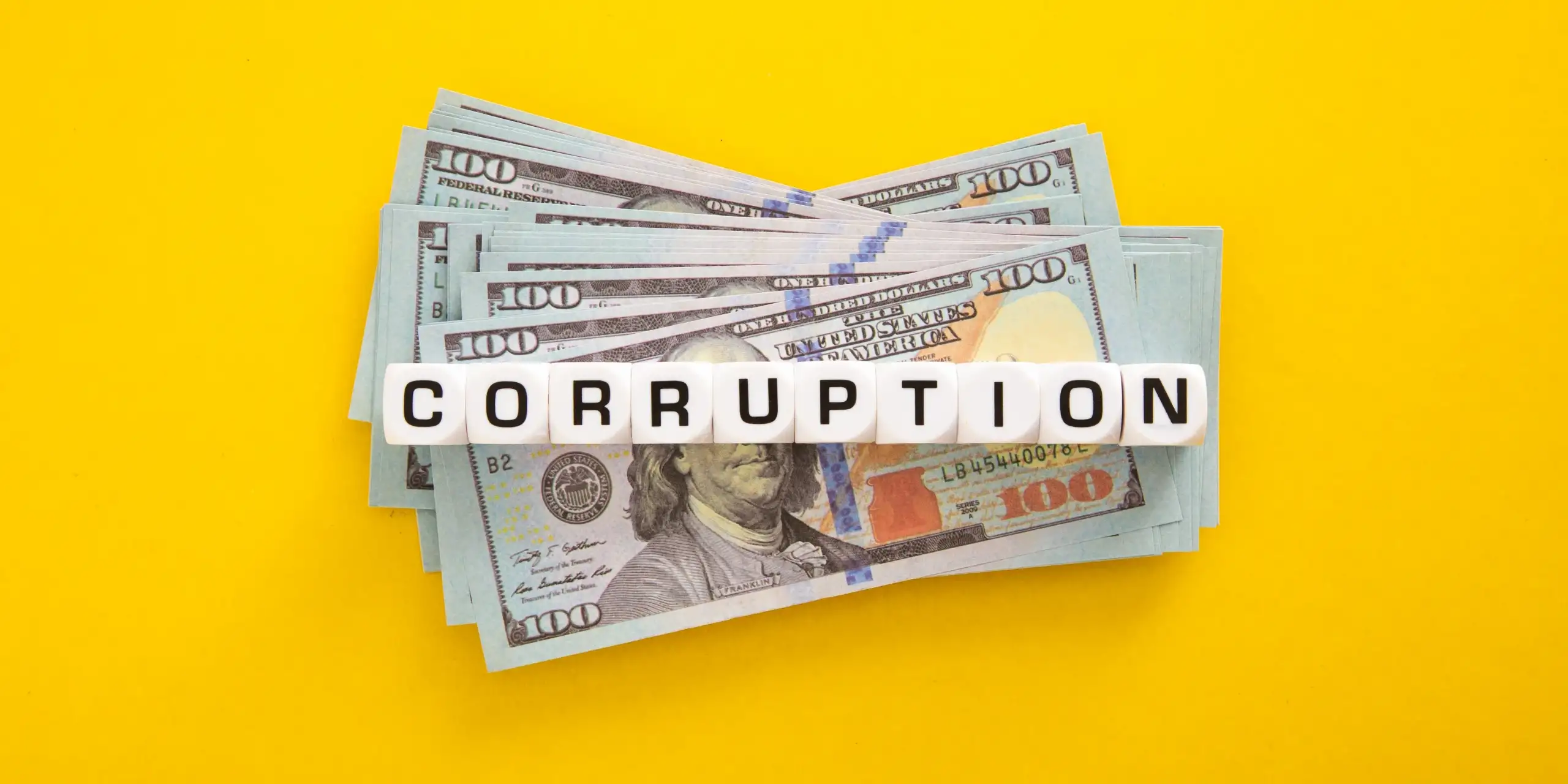The objectives of this public hearing were twofold. On the one hand, to notify the grievances identified by the AFA following its audits conducted as early as October 2017. On the other hand, it was an opportunity to give Sonepar a right of reply on these points.
Failures in several pillars identified
The AFA justifies the hearing by eight failures to comply with the measures required by the Sapin 2 law. Five of them were still relevant at the time of the hearing: risk mapping, the code of conduct, the procedure for evaluating third parties, accounting control procedures and the implementation of an internal control system to prevent corruption. Sonepar strongly contested these breaches.
The pillars discussed here are, unsurprisingly, those that were considered difficult to grasp or implement in many of the studies we mentioned earlier.
As a reminder, compliance with this law requires the implementation of the eight measures defined by Article 17:
Confirmation of the central role of corruption risk mapping
Among these failures, the debate quickly focused on the one related to the mapping of corruption risks. Article 17 of law n°2016-1691 describes this as "regularly updated documentation intended to identify, analyze and prioritize the risks of exposure of the company to external solicitations for the purposes of corruption, depending in particular on the sectors of activity and the geographical areas in which the company operates". It is mainly the underestimation of the importance of these risks that is the basis for the complaints of the regulatory agency. Through this mapping, various risks must be assessed, including the risk of corruption. This measure will thus lead to and shape other measures, notably the evaluation of third parties, as well as internal and accounting controls.
As a central element of the Sapin 2 compliance system, risk mapping must be carried out with the utmost care or the entire system will be undermined. This is essentially one of the main messages to be retained in the Sonepar case. Thus, even though some of the work was outsourced to a consulting firm, the service provided was deemed to be undersized in relation to the company's needs. The issue here is the inadequacy of the resources committed in relation to the challenge at hand; this shortcoming had an impact on the quality of the final deliverable, according to the AFA.
No more targeted or monitored industries
The need to adapt the means and tools to be put in place to the context of the company is therefore the first lesson of this hearing. Other strong messages were conveyed during this hearing. For example, the choice of a distributor as the first company to be subject to this sanction procedure may be questionable. Indeed, this case dealt with by the AFA has the value of an example, with a decision that may seem to be overvalued in view of the alleged breaches. At first glance, Sonepar does not appear to be a company that is overexposed to the risk of corruption or influence peddling because of its transnational activities or its involvement in public procurement. The AFA therefore does not seem to focus on sectors that are more exposed to the risk of corruption, but addresses the entire scope of companies subject to the law.
Extract from the speech of the AFA Director, Charles Duchaine, at the #Arbitrage and #Compliance conference: "The particularity of French law is remarkable because it makes the actor himself the policeman of his own compliance, which is the very essence of Compliance. " https://t.co/3eY8LPGOXi
- AFA (@AFA_Gouv) June 28, 2019
Would control take precedence over advice?
Another question can be asked when reading the events. TheAFA 's missions are split between control and advice. Is this already the end of pedagogy and support for the appropriation of the French anti-corruption framework for this still young law? Not really, it is too early to draw this conclusion. Michel Sapin reminded us earlier that the agency had "the means to impose sanctions in order to educate the public". Charles Duchaine (Director of the AFA) added that "advice is absolutely not incompatible with control". This episode is a reminder that pedagogy remains a priority; however, the power to sanction is now a reality. Mr. Duchaine nevertheless congratulated Sonepar for its mobilization on the issues raised.
This is de facto a formal reminder to all companies subject to the law*. They will have to put in place a relevant and adapted plan and give reasons within a reasonable timeframe. Otherwise, the reputational risk of such a hearing is real. The AFA Chairman concluded by reminding the family group of the next steps to be taken; he recommended that the commission summon the group to comply fully with the Sapin 2 law and to submit it to a new audit. A financial penalty to the company and its legal representative (respectively amounts of one million euros and 200,000 euros) was part of the arsenal available to the commission. The commission had to make a final decision within four weeks after the hearing.
SONEPAR: first company to comply with Sapin 2
The commission finally ruled in favor of Sonepar on July 4. The Commission found that the identified breaches were unfounded. No financial penalty was imposed. The committee stated that "none of the failings cited by the Agency's Director as grounds for proposing an injunction have been found by the Enforcement Committee". The committee added that "there is no reason to issue an injunction or a financial penalty".
#Anticorruption: #Sonepar becomes the 1st group ???????? certified as compliant with the #SapinII law ????????
None of the breaches cited by the@AFA_Gouvdirector to propose the issuance of an injunction were found by the sanctions committee ???? https://t.co/QCx32wDAP3- Marie-Laure Ingouf (@ingoufavocat) July 10, 2019
Sonepar comes out on top in this confrontation. It becomes the first French company to be certified as compliant with the Sapin 2 law. "It is with pride that the group has taken note of the decision of the Sanctions Commission of the French Anti-Corruption Agency on July 4, 2019, which acknowledges that Sonepar complies in all respects with the requirements of Article 17, of the Sapin 2 law," explained Sonepar in a press release issued on Wednesday
This case will certainly allow all companies to advance in their own compliance. A practical case that fits perfectly with the pedagogy desired by the AFA.
Read more
Our support dedicated to compliance
Discover Ellisphere's expertise on your compliance issues and master your due diligence...



